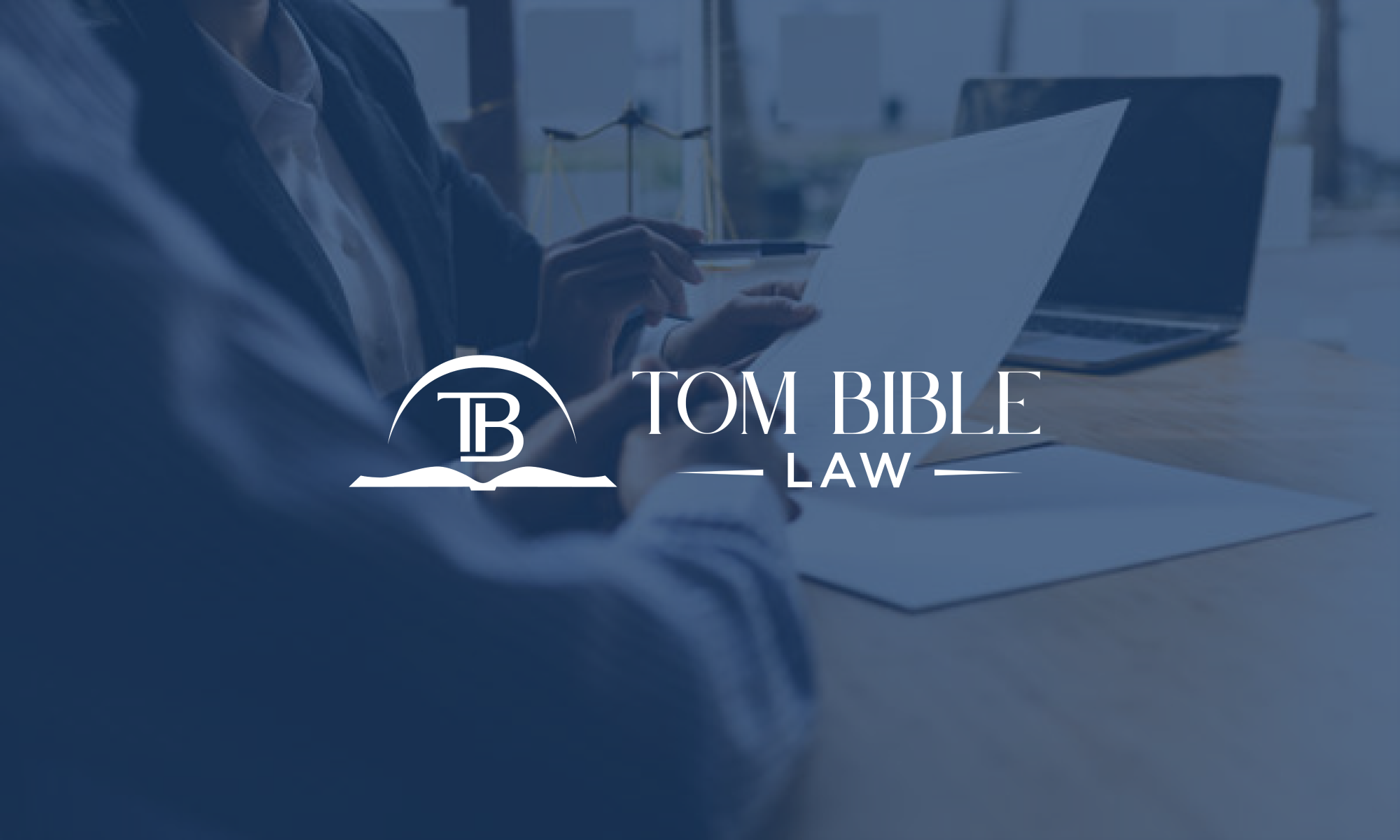Student Loan Debt is a significant burden for many Americans, often leading to financial distress. For some, bankruptcy might seem like a viable solution. However, navigating the complexities of discharging student loan debt through bankruptcy requires understanding the possibilities and limitations.
Understanding the Basics
Bankruptcy is a legal process designed to help individuals struggling with overwhelming debt. There are two primary types of bankruptcy for individuals: Chapter 7 and Chapter 13. Chapter 7 involves liquidating non-exempt assets to pay off debts, while Chapter 13 allows for the restructuring of debts into a manageable repayment plan over three to five years.
The Challenge of Discharging Student Loans
Unlike most other debts, student loans are notoriously difficult to discharge in bankruptcy. Under the U.S. Bankruptcy Code, student loans can only be discharged if the debtor can demonstrate “undue hardship.” This standard is challenging to meet and requires the debtor to pass the Brunner test or its equivalent, depending on the jurisdiction.
The Brunner Test
The Brunner test, named after a 1987 court case, is used by many courts to determine whether a debtor qualifies for a student loan discharge. It consists of three criteria:
- Poverty: The debtor cannot maintain a minimal standard of living if forced to repay the loans, considering their current income and expenses.
- Persistence: The financial situation is likely to persist for a significant portion of the repayment period.
- Good Faith: The debtor has made a good-faith effort to repay the loans.
Meeting all three criteria is difficult, and courts often interpret them strictly. Debtors must provide extensive documentation and may need expert testimony to support their claims.
Recent Developments and Alternatives
There have been calls for reform to make it easier to discharge student loans in bankruptcy. Some recent court cases have shown a slight shift towards a more lenient interpretation of “undue hardship,” but these are not yet the norm. Legislative changes are also being considered, but as of now, the stringent requirements remain in place.
For those unable to meet the Brunner test, other options might provide relief. These include:
- Income-Driven Repayment Plans: These plans adjust monthly payments based on income and family size, potentially reducing the financial burden.
- Loan Forgiveness Programs: Public Service Loan Forgiveness and Teacher Loan Forgiveness are examples of programs that forgive remaining balances after a certain number of qualifying payments.
- Refinancing: Consolidating and refinancing student loans can lower interest rates and extend repayment terms, making payments more manageable.
Filing for Bankruptcy
If pursuing bankruptcy remains the best option, it’s crucial to seek legal advice. A bankruptcy attorney can help navigate the complex process and determine if attempting to discharge student loans is feasible. They can also assist in restructuring other debts, providing overall financial relief.
While discharging student loan debt through bankruptcy is challenging, it’s not impossible. Understanding the stringent requirements of the Brunner test and exploring other relief options are critical steps. With the guidance of an experienced bankruptcy attorney, individuals struggling with student loan debt can assess their situation and make informed decisions about their financial future.
Contact Tom Bible Law Today!
If you’re overwhelmed by student loan debt and considering bankruptcy in Chattanooga, contact our experienced legal team today for a free consultation. We’ll help you explore your options and work towards a solution that provides the relief you need. Don’t let debt control your life—reach out now and take the first step towards financial freedom.


